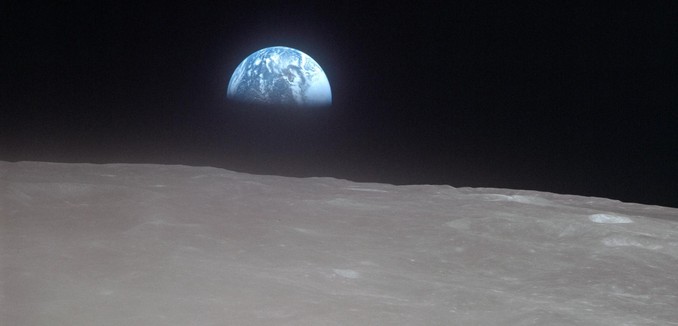An Israeli team was named as one of the five finalists for Google’s prestigious Lunar X-Prize, the technology giant announced on Tuesday.
Participants in the contest, which must be mainly funded by private sources, have until the end of 2017 to land a spacecraft on the moon’s surface, move it 500 meters, and send back high-resolution images and videos to Earth.
In addition to Israel’s SpaceIL, finalists include teams from the United States, India, Japan, and an international consortium called Synergy Moon, which features members from the original 33 groups.
The five finalists have all secured contracts on rockets to propel their landers to the moon. SpaceIL became the first team to sign a contract in October 2015.
The winner of the contest will be awarded a $20 million grand prize. The runner-up will receive a $5 million prize, with an additional $5 million earmarked for “notable achievements, such as traveling more than three miles on the surface, finding evidence for liquid water, or enduring the harsh lunar night,” National Geographic reported.
SpaceIL CEO Eran Privman told CNN in July that his team did not enter the competition for the monetary reward. “There are many reasons why [we want] to be there. We, as the Israeli team, would like to put Israeli technology on the moon next to the Russians, the Americans, and China. That by its own will be a great achievement.”
Accomplishing the mission could open a new era of commercial travel to the moon, Mars, or elsewhere, Privman said.
According to CNN, “Israel’s space industry is a result of what many consider to be the country’s first startup: the Israel Aircraft Industries’ Lavi. In the early ’80s, Israel began developing an advanced, single-engine fighter jet, called the Lavi. The program was canceled in 1987 after the country spent approximately $1.5 billion on it. But the scientists and engineers who had worked on the program took their technical knowhow into the Israeli marketplace. One year later, Israel launched its first satellite, called Ofek.”
Also in July, the International Space University’s annual Space Studies Program launched in Israel, marking the first time that the program was held in the Middle East.
[Photo: NASA ]




